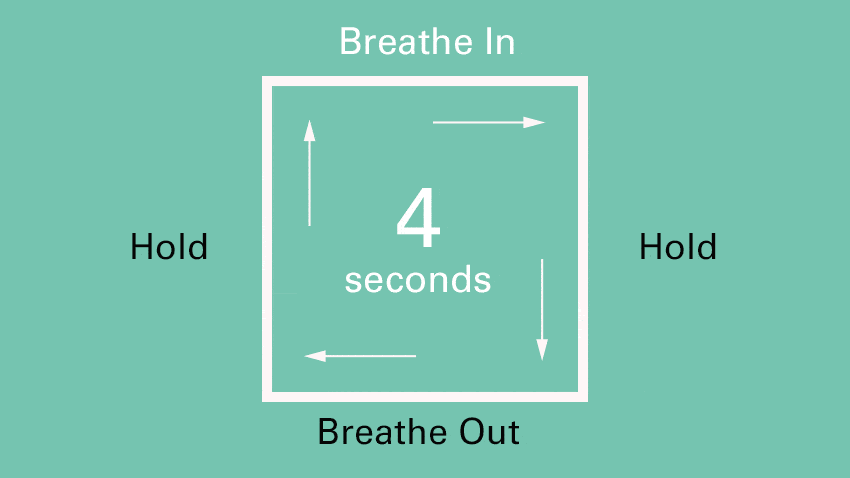
It is common for children and teens to feel fear or anxiety around new challenges or experiences. Anxiety can occur often in younger patients, but it doesn’t always turn into an issue that requires medication or therapy. In this blog, we will share some tips to help you recognize anxiety in children and teens and how to help them form proper coping skills. Recognizing the signs of an anxiety disorder will help these individuals get the proper help and support they need.
What Is Generalized Anxiety Disorder?
Generalized Anxiety Disorder (GAD) is a mental disorder that comes with a lot of worry and fear. Anxiety can also present as physical sickness or fatique in most people. GAD is more than just stress or regular worry. Typically, anxiety causes fear without any real cause, or the worry may seem irrational to others.
In children, anxiety often comes from social pressures, the need to meet parents’ expectations, physical appearance, school performance, or family matters. These situations can cause panic attacks, fear about behavior, and future expectations.
Additional Anxiety Disorders
While most patients are diagnosed with Generalized Anxiety Disorder, there are subcategories of anxiety that come with different symptoms. Additional anxiety diagnoses include:
- Separation Anxiety
- Phobias
- Social Anxiety
- Panic Disorder
Different anxiety disorders will come with specific fears or anxiety around certain places. These different emotions can be hard for children and teens to navigate on their own and could lead to anger or rebellion. Figuring out which specific anxiety disorder a child has will help them find the best coping skills.
Are Certain Children And Teens More At Risk?
Children with parents with an anxiety disorder are more at risk for mental illness. Children who experience trauma or a restricted childhood will also be more prone to mental disorders. Anxiety in children and teens will not always come immediately after a traumatic event has occurred.
1 in 5 children will develop an anxiety disorder and can have outbursts or tantrums to start. 1 in 3 adolescents has anxiety as well. Females are more likely to develop anxiety.
Symptoms In Children And Teens
Depending on the child, symptoms can vary drastically. Anxiety in children and teens will present differently and some individuals may have different anxiety disorders with a unique set of symptoms. Here are some of the most common symptoms that children and teens with anxiety experience.
- Worrying about events before they happen
- Sleep problems
- Worries about friends, relationships, school, or other activities
- Fatique
- Lump in the throat or struggles to breathe
- Muscle aches or tension
- Frequent stomachaches, headaches, or physical problems
- Lack of concentration
- Inability to relax
- Feeling grumpy or short-tempered
- Constant thoughts of fear or worries about the safety of others
- Clingy behavior with family members
- Dips in school or work performance

Managing Anxiety In Children And Teens
Recognizing anxiety in children and teens can be difficult, but once a diagnosis is received, you can help a child or teen learn how to manage their symptoms. Anxiety is a lifelong journey and may take many years of trial and error to find methods that work best for a specific patient.
Encourage Children To Talk About Their Anxiety
One major hurdle to overcome is talking about complex emotions or feelings of anxiety with parents or a therapist. Talking about their anxiety may be hard for many children and teens, but it is essential if they want to better manage anxiety symptoms. Making sure a child knows they can talk to you about anything will help you know if other issues are present or if self-harm is being considered.
Acknowledge Children’s Or Teen’s Feelings
All feelings are valid, even if we may think they are irrational. Encouraging a child or teen to talk about their anxiety means you should listen intently and work to understand their feelings. Acknowledge a child or teen’s hard work to push through difficult situations or by making progress in their mental health journey.
Encourage Brave Behavior
It can be difficult to attend school, work, or social functions when you have anxiety. Encouraging children to step outside their comfort zone in a controlled and orderly manner will help improve their anxiety and prove they can do hard things. If your child is meeting with a doctor or therapist, they may also be able to suggest safe activities that can push their comfort zone, without putting their safety at risk.
Help Them Make Healthy Choices
Physical and emotional health can also contribute to mental health. Encouraging children and teens to have a healthy diet, and healthy habits, and develop coping strategies will all help them have better control of their mental health. Healthy choices in all aspects of your life will improve your mood and energy levels.
Seeking Help From A Therapist At Ogden Psychological Services

Our team of therapists at Ogden Psychological Services is willing to work with patients of all ages. Children and teens often experience anxiety but can see improved symptoms when talking with a therapist. Our team wants to help make mental health less taboo in our community and improve the mental and behavioral health of all members. If you are interested in therapy or are looking to help your child meet with a therapist, fill out our contact form!









